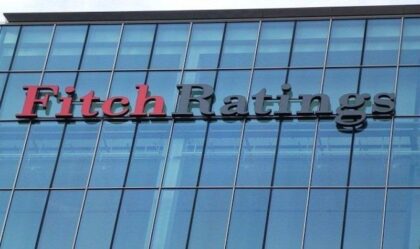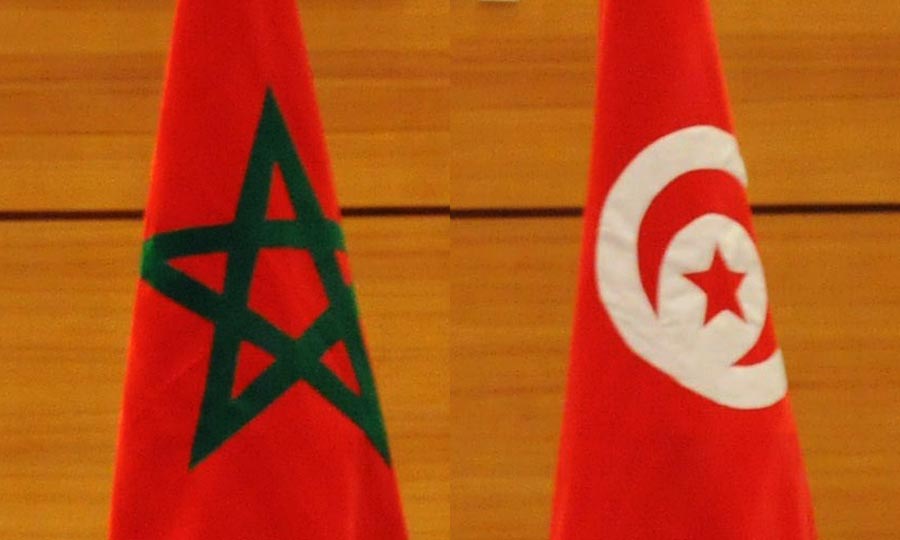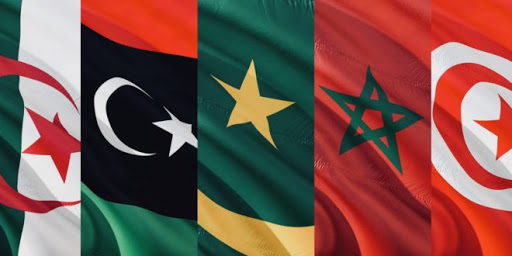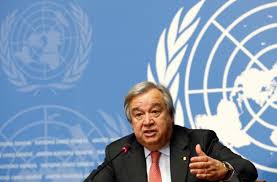 Pressure exerted on Morocco’s current account deficit (CAD) and external finances have increased significantly due to the COVID-19 pandemic global shock, Fitch Ratings says.
Pressure exerted on Morocco’s current account deficit (CAD) and external finances have increased significantly due to the COVID-19 pandemic global shock, Fitch Ratings says.
However, the North African country has buffers to manage increased pressures, including recently displayed willingness to adjust the flexibility of the exchange rate regime, adds the international rating agency.
Disruptions to the global economy from the COVID-19 pandemic will pressure Morocco’s CAD, stress the experts of Fitch. The CAD was 4.6 pc of GDP in 2019, much higher than the current ‘BBB’ median of 0.9 pc of GDP.
The worldwide travel crisis will affect Morocco’s tourism sector, an important growth driver and source of FX earnings, explain Fitch analysts, noting that the disruptions to global value chains could also affect the automotive industry, which accounts for the largest share of Morocco’s exports, with sales equivalent to 6 pc of GDP in 2017-2019.
The slowdown in world growth could weigh on Morocco’s other exports, mainly phosphates (4.4 pc of GDP), as well as on remittances (6 pc of GDP), which mostly emanate from the Moroccan diaspora in the eurozone and the Gulf, underlines the rating agency. Besides, the rainfall shortage will impact agricultural exports.
But, the oil prices fall will provide some relief, as Morocco’s energy imports are high (6.9 pc of GDP). Furthermore, the Moroccan authorities have widened lately the dirham’s fluctuation bands to +/-5 pc from +/-2.5 pc around an unchanged basket comprising the euro (60 pc) and the US dollar (40 pc).
The adjustments signal willingness to enhance the dirham’s flexibility in line with IMF recommendations, says Fitch, affirming that further flexibility would significantly strengthen Morocco’s shock absorption capacity against global economy slowdown.



